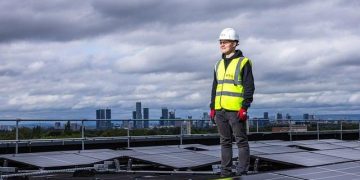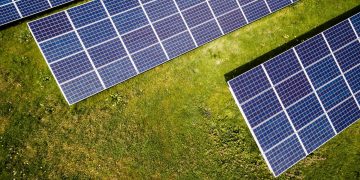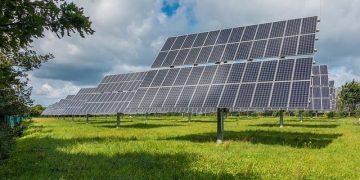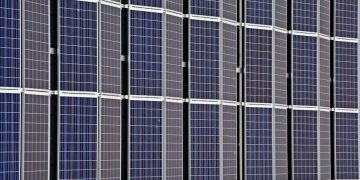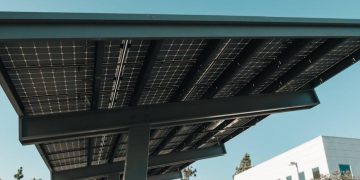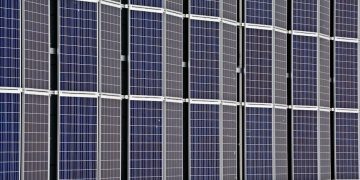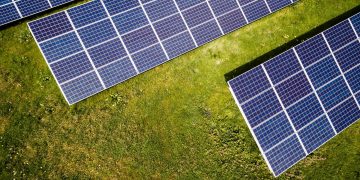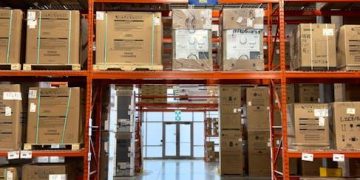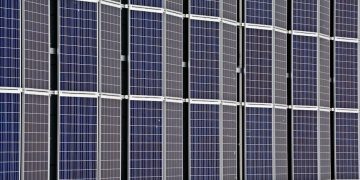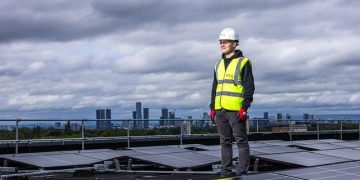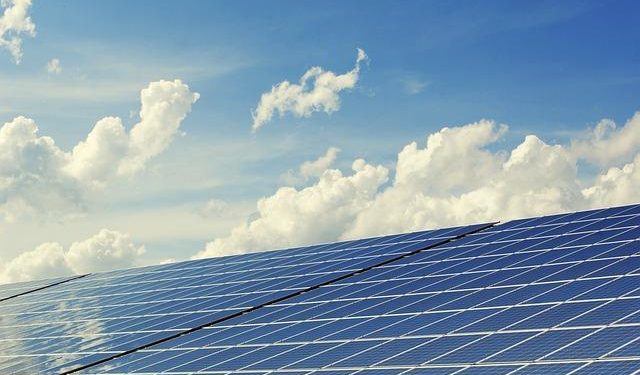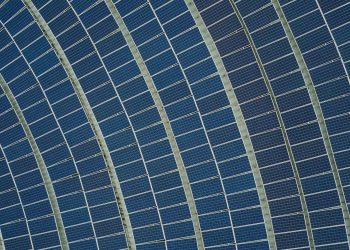In the evolving landscape of renewable energy, solar panels have emerged as a beacon of sustainability, promising not only to lighten electricity bills but also to reduce carbon footprints. Yet, as homeowners across the globe embrace this sun-powered revolution, a pressing question lingers: Do these gleaming rooftop additions cast a shadow over home insurance rates? This article delves into the intricate relationship between solar panels and home insurance, exploring whether the pursuit of green energy inadvertently leads to higher costs in protecting your abode. Through a balanced examination of industry insights, we aim to illuminate the potential financial implications for eco-conscious homeowners seeking to harness the power of the sun.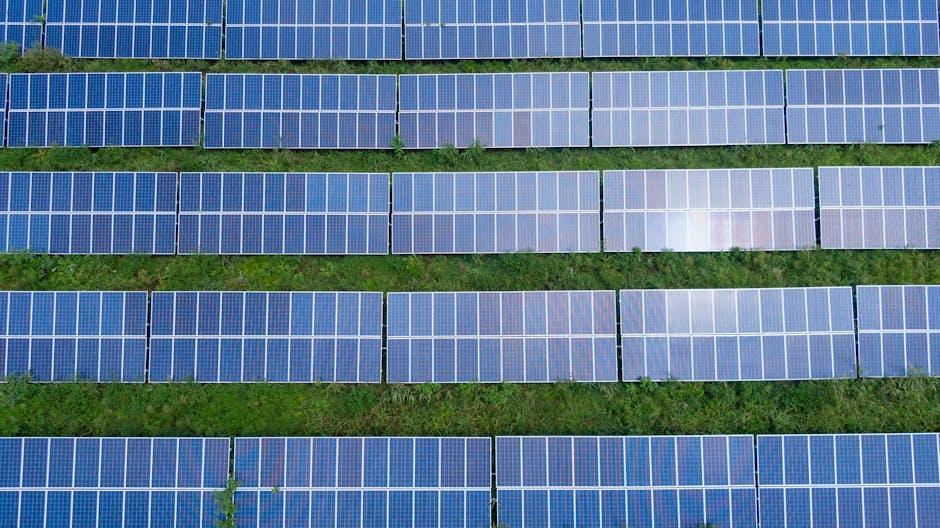
Evaluating the Impact of Solar Panels on Home Insurance Premiums
When it comes to determining whether solar panels affect your home insurance premiums, there are several factors to consider. Insurers often assess the risks associated with any home modification, and solar panels are no exception. While the addition of solar panels can potentially increase your home’s value, they may also bring certain risks, such as increased chances of roof damage during installation or repairs. However, some insurance companies may see solar panels as a positive investment that indicates a homeowner’s commitment to sustainability, which could lead to favorable adjustments in premiums.
- Roof Damage Risks: Installing solar panels involves drilling and securing mounts, which might impact the structural integrity of your roof.
- Increased Home Value: Solar panels can boost your home’s market value, potentially influencing the insured value of your property.
- Sustainability Commitment: A shift towards renewable energy can be viewed positively, potentially affecting premium calculations.
Ultimately, the impact of solar panels on insurance premiums varies by provider and individual circumstances. It’s essential to consult with your insurance company to understand their specific policies regarding solar energy installations. Additionally, consider shopping around for quotes from insurers who specialize in eco-friendly home features, as they might offer competitive rates for solar-equipped homes.
Understanding the Risk Factors and Benefits of Solar Energy Integration
As the sun continues to power more homes, understanding both the risks and benefits of solar energy integration becomes crucial for homeowners. Solar panels have become a symbol of sustainable living, offering numerous benefits like reduced energy bills and a smaller carbon footprint. However, homeowners might wonder about their impact on home insurance rates. Generally, solar panels are considered a valuable addition to a property, but there are several factors that could influence insurance costs:
- Installation Method: Panels that are integrated into the roof might be seen as less risky compared to those that are mounted on racks, affecting potential premiums.
- Increased Replacement Cost: Adding solar panels may increase the overall replacement value of a home, possibly leading to higher insurance costs to cover the enhanced value.
- Provider Policies: Different insurance companies have varying policies regarding solar panels, with some offering specialized coverage or discounts for green installations.
While there might be some increase in insurance rates, the long-term savings on energy bills and the environmental benefits often outweigh these costs. Homeowners should consult with their insurance providers to understand specific policy adjustments and ensure comprehensive coverage for their solar investment.
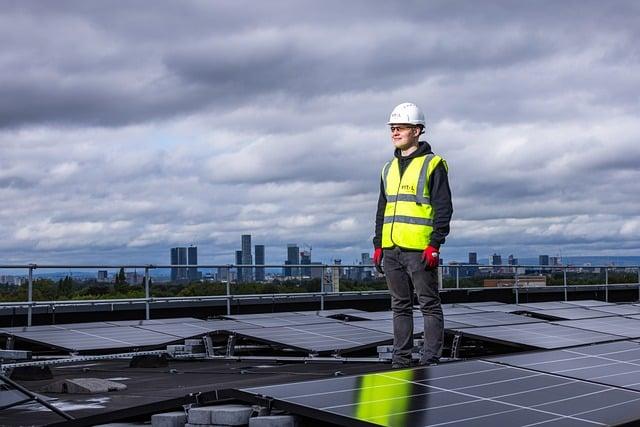
Comparing Insurance Policies: Solar-Powered Homes vs Traditional Homes
When considering home insurance, the addition of solar panels can introduce a unique set of considerations compared to traditional homes. Insurance providers often evaluate the increased value and potential risks associated with solar installations. While solar panels can enhance a home’s market value and energy efficiency, they may also lead to higher insurance premiums due to factors like installation costs and potential damage from natural events.
Factors influencing insurance rates for solar-powered homes include:
- Installation Cost: Solar panels can significantly increase the replacement cost of a home, affecting the coverage needed.
– Potential Risks: Risks like hail, wind, or fire damage may impact premiums due to the vulnerability of rooftop panels.
– Provider Policies: Some insurers offer discounts for energy-efficient homes, which could offset potential increases.
– Local Regulations: Variations in regional building codes and insurance regulations can affect how solar installations are insured.
For traditional homes, the insurance focus typically remains on structural integrity, historical claims, and location-based risks. While the overall premium may be less influenced by the energy source, homeowners should still ensure comprehensive coverage for their property’s unique characteristics.
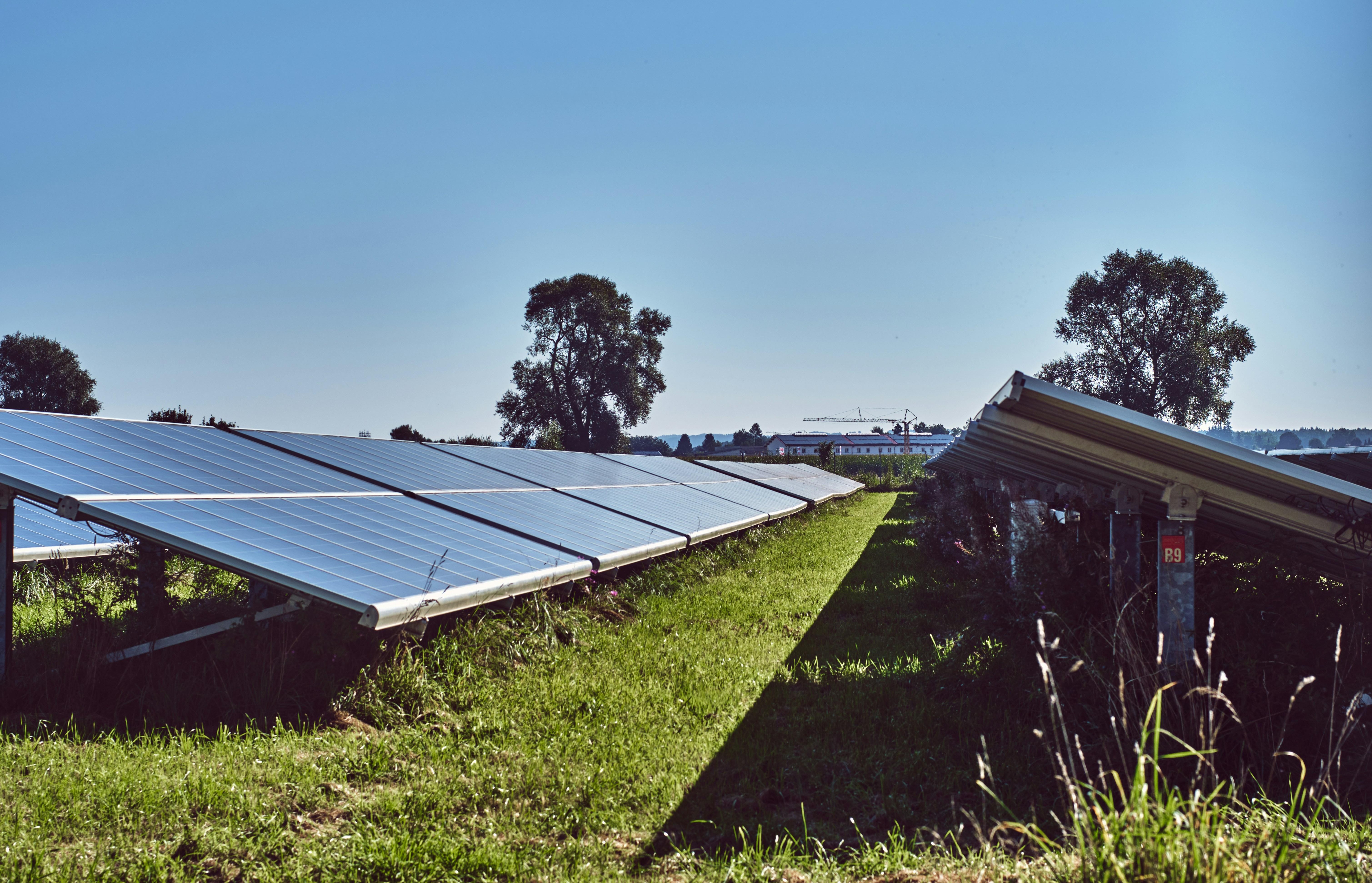
Expert Tips for Reducing Insurance Costs with Solar Installations
Integrating solar panels into your home can be a savvy investment, but it often raises questions about insurance premiums. To keep costs in check, consider the following expert tips:
- Bundle Policies: Many insurance providers offer discounts if you bundle home and auto policies. By consolidating your coverage, you might offset any increase due to solar panel installation.
- Shop Around: Not all insurance companies weigh solar installations the same way. Compare quotes from multiple providers to find the best rate tailored to your needs.
- Invest in Quality Installation: Ensure your solar panels are installed by certified professionals. This not only reduces risk but can also qualify you for lower insurance rates, as it demonstrates a commitment to safety and durability.
Moreover, maintain a thorough inventory of your solar equipment and review your coverage limits to ensure they reflect the true value of your installations. Keeping these considerations in mind can help you manage your insurance expenses while reaping the benefits of solar energy.
Concluding Remarks
the relationship between solar panels and home insurance rates is a nuanced one, reflecting a blend of innovation and practicality. As solar energy becomes an increasingly popular choice for homeowners looking to reduce their carbon footprint and energy costs, understanding its impact on insurance is essential. While some insurers may perceive the addition of solar panels as a risk factor, leading to higher premiums, others may offer incentives, recognizing the long-term benefits and increased property value. As with any aspect of homeownership, knowledge is power. Homeowners are encouraged to engage in open dialogue with their insurance providers, ensuring they fully understand the terms and conditions of their policy in relation to solar installations. As the landscape of renewable energy continues to evolve, so too will the frameworks that support it, paving the way for a brighter, more sustainable future.

